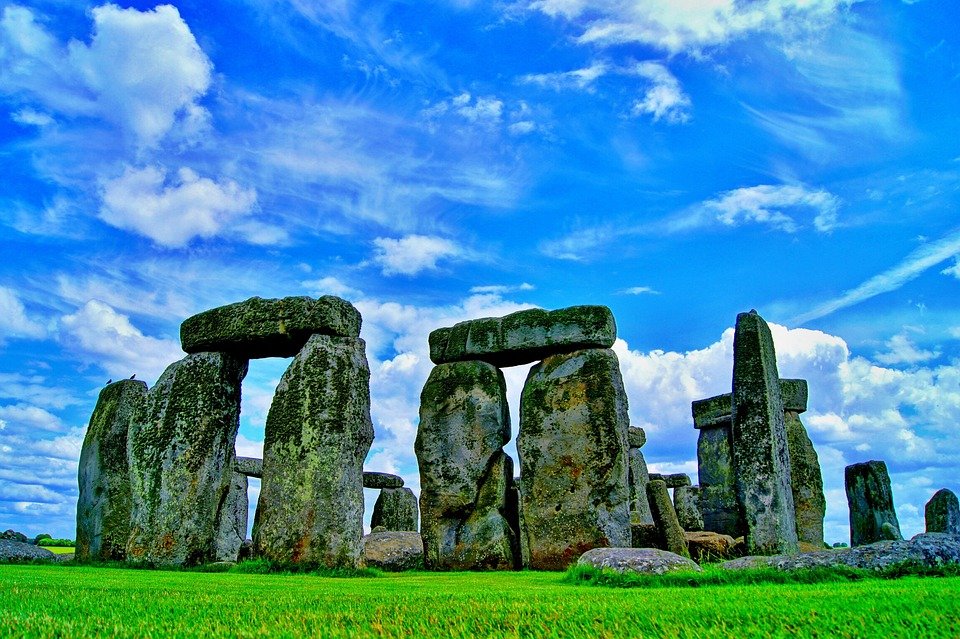

On this day: February 6
1778: France Recognizes American Independence
On February 6, 1778, France officially recognized the independence of the United States, becoming the first country to do so. This recognition was a crucial turning point in the American Revolutionary War, as it allowed the United States to secure much-needed financial and military support from France. The alliance between the two countries would prove to be instrumental in the eventual victory of the Americans over the British.
1952: Elizabeth II Becomes Queen of the United Kingdom
On February 6, 1952, Princess Elizabeth ascended to the throne as Queen of the United Kingdom following the death of her father, King George VI. She was just 25 years old at the time, making her one of the youngest monarchs in British history. Elizabeth II has since become the longest-reigning monarch in British history, surpassing the previous record held by her great-great-grandmother, Queen Victoria.
1918: Representation of the People Act Passed in the UK
On February 6, 1918, the Representation of the People Act was passed in the United Kingdom, granting the right to vote to women over the age of 30 who met certain property qualifications. This was a significant milestone in the fight for women’s suffrage in the UK, although full voting rights would not be granted to women on equal terms with men until the Equal Franchise Act of 1928.
1959: Jack Kilby Demonstrates the First Integrated Circuit
On February 6, 1959, Jack Kilby, an engineer at Texas Instruments, demonstrated the first working integrated circuit, also known as a microchip. This groundbreaking invention revolutionized the field of electronics and paved the way for the development of modern computers, smartphones, and other electronic devices. Kilby’s work earned him the Nobel Prize in Physics in 2000.
1840: Signing of the Treaty of Waitangi in New Zealand
On February 6, 1840, the Treaty of Waitangi was signed in New Zealand between representatives of the British Crown and various Maori chiefs. The treaty established British sovereignty over New Zealand while also guaranteeing Maori rights and protections. However, the interpretation and implementation of the treaty have been the subject of much controversy and debate in the years since, leading to ongoing tensions between Maori and the New Zealand government.
1978: The Blizzard of 1978 Hits the Northeastern United States
On February 6, 1978, a severe blizzard struck the northeastern United States, bringing record snowfall and high winds to the region. The storm caused widespread power outages, transportation disruptions, and property damage, leading to several deaths and injuries. The Blizzard of 1978 remains one of the most significant winter storms in US history and serves as a reminder of the destructive power of nature.
Conclusion
February 6 has been a historically significant day, with events such as the recognition of American independence by France, the ascension of Queen Elizabeth II to the British throne, and the passage of the Representation of the People Act in the UK. These events have had lasting impacts on the course of history and continue to shape the world we live in today.







